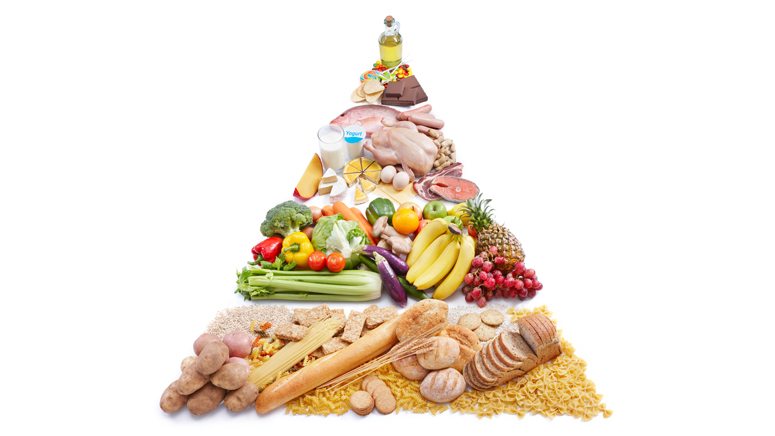Liver cirrhosis is a disease in which the liver functions with great difficulty and can be caused by excessive alcohol consumption, viral hepatitis, or other diseases. In these situations, adequate nutrition is essential, as normally these conditions are accompanied by loss of muscle mass, severe weight loss, fluid accumulation (edema), and deficiency of some nutrients, resulting in malnutrition, which can end up worsening the disease. The foods [1] that should be consumed in the diet to treat cirrhosis are vegetables, whole grains, low-fat meats, and fruits since they contain essential nutrients and are easy to digest, not requiring much liver work to be metabolized. When the liver is damaged by cirrhosis, the damage cannot be reversed unless a liver transplant is performed. However, if it is identified early and treated with medication, and an adequate diet, the evolution of the disease can be delayed.
How Your Diet Should Be?

Diet should have the required and appropriate amount of nutrients [2], and it is expedient that the individual eats 5 to 6 meals a day, in small portions, especially if they have little appetite or feel satisfied very quickly. It is recommended that the diet [3] contain good fats, complex carbohydrates, and proteins of high biological value. Initially, it was thought that the diet should restrict the consumption of proteins as much as possible; however, current studies have shown that the effect of proteinases food on the maturation of hepatic encephalopathy is inconsequential and that proteins can be included in the diet. It is also important to include vegetables, fruits, and whole grains in the diet, such as rice, bread, whole flour, and pasta. Fish, low-fat white meats, eggs, and low-fat cheeses, such as ricotta and cottage, for example, should also be included. The consumption of milk and dairy products must be skimmed, and, in the case of fats, olive oil can be consumed in small quantities, as well as seeds and nuts. In addition, if the nutritionist considers it necessary, he/she can recommend supplementation with calcium, vitamin D, and other nutrients, as well as the consumption of a nutritional formula to increase the number of calories consumed.













